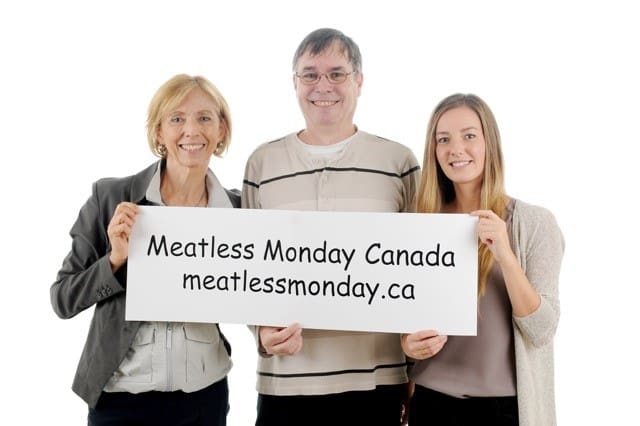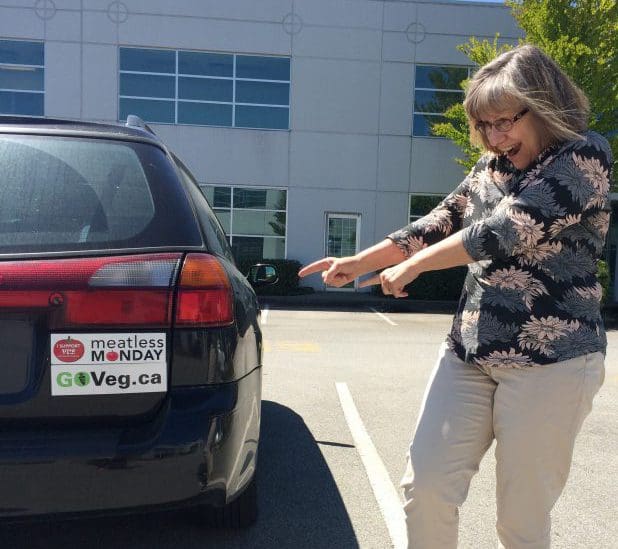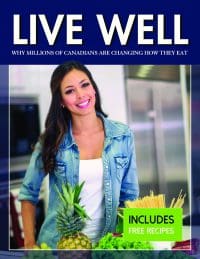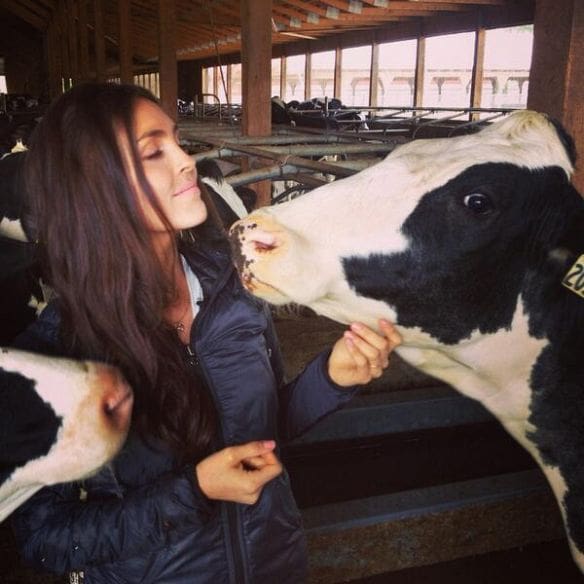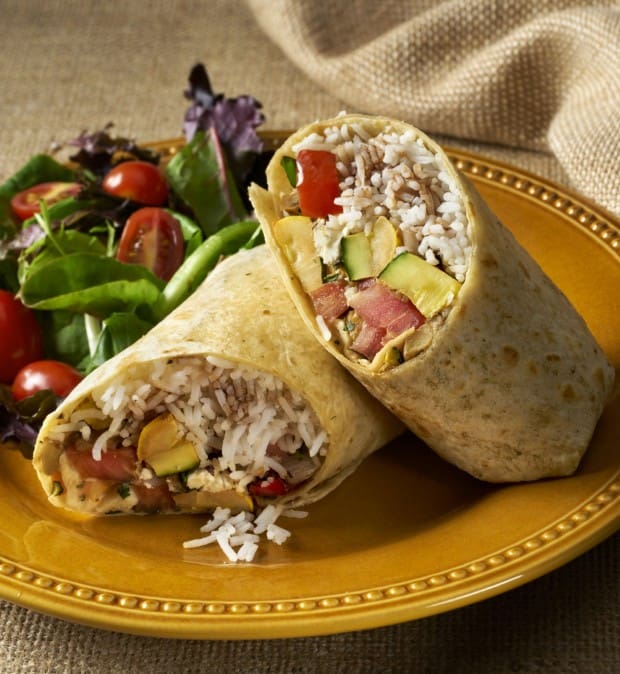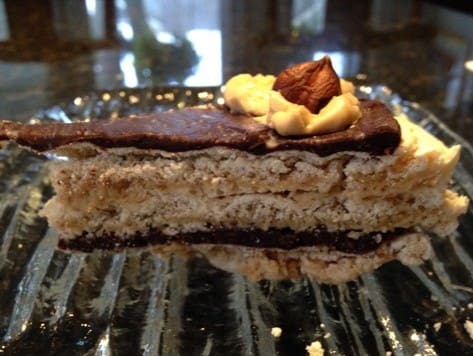
.
 Vancouver-based Vegan Supply is a growing business dedicated to ensuring vegan products are available to compassionate consumers. Though focused on the Canadian market, they can deliver anywhere in the world. We asked the company’s Dave Shishkoff some questions about Vegan Supply’s values, challenges and vision for the future.
Vancouver-based Vegan Supply is a growing business dedicated to ensuring vegan products are available to compassionate consumers. Though focused on the Canadian market, they can deliver anywhere in the world. We asked the company’s Dave Shishkoff some questions about Vegan Supply’s values, challenges and vision for the future.
.
What is Vegan Supply’s mission?
Our primary goal at Vegan Supply is to better the food supply! By selling vegan foods, and ONLY vegan foods, we’re giving people a place to shop at, and invest into, that mirrors their beliefs and ethics. Instead of helping subsidize a grocery store meat department, or worse, greenwashing animal products with nearly meaningless ‘humane’ or ‘cage-free’ labels, we’re providing a legitimately and consistently ethical model. We see every purchase as a ‘vote’, and we’re offering a much higher standard for people to direct their money to, and enable businesses that are really working for a better world.
What was the initial reaction to Vegan Supply’s launch?
Our first public appearance was the 2015 Veg Expo, and it was incredible! Our booth was packed the entire time, and we couldn’t keep up with sampling and sales. This year, we doubled how many people we had, and it was even busier!
We launched our online site shortly after, in May 2015, with some ‘beta’ testing for locals, and we worked out most of our kinks, and have been fully operational since last summer.
What are the biggest obstacles facing the business?
While Vancouver residents can take advantage of our ‘drop-off’ option at either Meet restaurants (orders can be picked-up free), the lack of inexpensive shipping in Canada is probably one of the most challenging issues we’re confronted with. We’re already ‘topped out’ with Canada Post’s value options, and while it’s not too bad ordering non-refrigerated items, which aren’t any rush, it can be a fair bit to order refrigerated goods in 2-3 days to the other side of the country like Newfoundland.
We’re also finding a lot of vegans don’t participate in what we’d consider ‘common’ vegan online venues – despite a fairly visible presence in the local Facebook groups, and all the other social media exposure we’ve had, there are still a lot of local people who are surprised to find us (many at Veg Expo for example!) We’re a very diverse group, and it’s hard to be visible to ‘most’ vegans!
How do Vegan Supply staff stay positive in a world where animal-based products are still so predominant?
This isn’t actually an issue at all; it’s really empowering since we’re not dealing with these at all, and are actually confronting and replacing animal products. Plus we have the best customers who are enthused to not have to deal with these issues either. It’s not often a someone can shop and not worry about looking at a single ingredient list!
What are the most popular products?
Our biggest draw would have to be Miyoko’s cheeses – and they really are incredible. Unlike other vegan cheeses we’re used to, these are actually cultured nut-based cheeses, with an incredibly rich flavour and experience. As Miyoko herself puts it, it’s not the cow’s milk that makes cheeses taste so diverse, it’s the bacteria cultures that are used. Think about it – the ‘same’ milk is used for all traditional cheeses! These taste experiences can be had without harming animals, and Miyoko’s is really strong evidence of this.
Other top sellers include our diverse range of cheeses and spreads, like Vtopian, Sheese and Fauxmage; vegan jerkys (Louisville, Primal Strips and Butler are always winners); caramels from Cocomels and Liefie’s; and of course more familiar brands like Earth Island, Daiya, Gardein and Field Roast.
Who are your customers? Is there a predominant demographic?
Vancouver is obviously our biggest market, and we ship quite a bit to Alberta and Ontario. We’ve shipped to every province now, and I believe Nunavut is the only Territory that we haven’t shipped to – hopefully we can change that soon!
As far as individuals, we suspect a big part of our demographic is vegans, but also vegetarians, those looking to go vegan, and those who want or have to avoid animal products, like those who are lactose intolerant or allergic to eggs or other animal products.
What do you think is the best way to encourage consumers to make more ethical choices?
I think the most important step is making sure they know there is ‘life without animal products’. Once people know that they can live pretty ‘normal’ lives and that really great vegan offerings exist, the transition becomes much easier. We can live without exploiting and harming animals, and hopefully companies like Vegan Supply are making it much easier for people to do this. If someone is wondering ‘what do I eat as a vegan’, we’ve got nearly one thousand (and growing!) items to choose from – there’s no shortage!
Do you think plant-based products and businesses are becoming more mainstream?
They’re definitely infiltrating the mainstream. People commonly plan to ‘go eat vegan tonight’, and every week there are news stories highlighting how much better off we are by reducing and eliminating animal products in our lives, from our own health to the health of the planet, and of course the animals themselves – it’s definitely more visible than it’s ever been.
In Vancouver, we’re seeing more and more places expanding their vegan offerings, from restaurants to grocery stores. It was pretty slim picking 20 years ago, and few places even offered soy milk. Now, every grocery will have it (even some convenience stores!), in addition to vegan meat alternatives, ice cream, and usually much more!
What are some of the lessons you’ve learned about running a vegan business?
Ha! Don’t start a shipping-based business in Canada. *wink* How people access the site is also intriguing – for example we have several reminders along the process to include cold packs, but sometimes people still don’t order them…so we still need to figure out how to better communicate this sort of thing! It’s almost comedic if you actually read what’s on the site, and how much we’ve tried to inject this message in the process.
On a more serious note, we’ve learned that there are a lot of amazing people out there, who share our vision, and want to see a better world, and are helping us better the status quo – thank you so much to those people!!
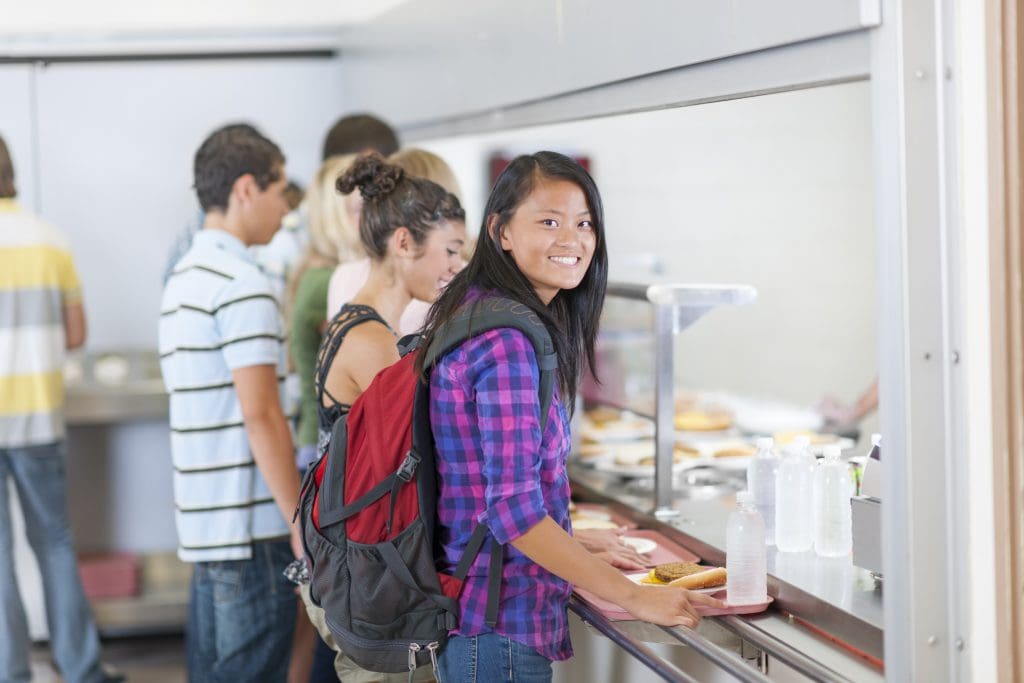


 Vancouver-based
Vancouver-based  Meatless Monday in Vancouver just got an important boost! The influential Vancouver Food Policy Council (VFPC) has unanimously passed a motion that “endorses the concept of Meatless Mondays and encourages Vancouver citizens to choose plant-based meals on Mondays.”
Meatless Monday in Vancouver just got an important boost! The influential Vancouver Food Policy Council (VFPC) has unanimously passed a motion that “endorses the concept of Meatless Mondays and encourages Vancouver citizens to choose plant-based meals on Mondays.”

